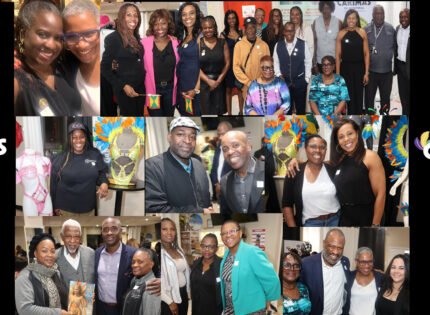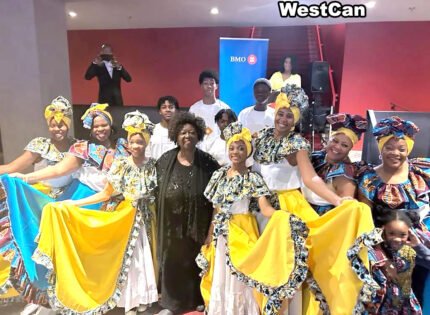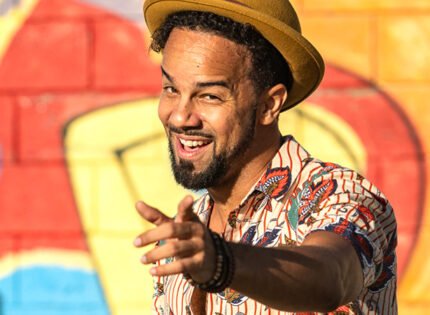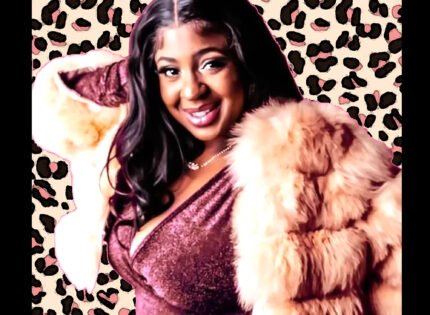No Blacks in Trudeau’s cabinet. Few in the House
When new Canadian Prime Minister Justin Trudeau presented his freshly minted cabinet to Canadians, he proclaimed something to the effect that “It’s 2015 and this is Canada.”
He was referring to the diversity in the makeup of the group of men and women standing behind him. There are 32 of them in the cabinet, including the prime minister: 16 women, 16 men, four Sikh Canadians and two First Nations people. No one of African descent.
There was a collective but mostly silent: “what’s up with that ” from the estimated one million Canadians who told the 2011 census that they are Black.
You see, because of all this talk about “diversity and reflecting the face of Canada” it’s not unreasonable for Blacks to be expectant to see a reflection of themselves in the place where real decisions are made in Canada.
But we are just fooling ourselves.
Sure, the new prime minister in his search for multiculturalism could have handed anyone of those 32 portfolios to Frank Baylis, a well-accomplished businessman, who easily recaptured the Dollard-Pierrefonds riding for the Liberals.
Nobody can shake a stick at Baylis’ capacity to serve at the highest level, with his decades of experience as a strategist and fundraiser in the backroom of the party, and his accomplishments in building his family medical equipment company into a global force.
Trudeau might have even gone out of his way and handed a junior ministry to Toronto’s Ahmed Hussen who became Canada’s first-ever MP of Somali descent in the October 19 elections.
After all Hussen is a well-respected lawyer and community activist who has made quite a difference in his Regent Park community.
There’s also Trinidad-born Hedy Fry, elected in Vancouver Centre as Canada’s oldest Member of Parliament at the age of 74. But sadly that’s all Trudeau had to choose from. It’s a damn shame for us as Black and Caribbean people across Canada.
It’s 2015 and we should be doing better when it comes to participating in the political process.
Sure, there are no Chinese, Jews or Italians in the Cabinet, but their presence in Canadian politics, or how much they have benefitted from it, cannot be questioned.
On the other hand, Blacks are today on the sidelines of politics, waving flags and saying how proud they are now that “our boy” is in office.
They should have been standing proudly next to him.
Unlike the other groups, Black and Caribbean people have been in Canada in significant numbers too long.
And our foray into politics reaches too far back for us to be so backwards today.
In 1875 James Doulas became to first Black to enter the process when he ran in British Columbia. And Bill White became the first to run federally in Toronto in 1949.
Lincoln Alexander was the first Black elected to the House of Commons in 1968. He also became the first Black Cabinet minister.
In 1972, Rosemary Brown became the first Black woman elected in a provincial election, and Jean Augustine the first Black woman to the House of Commons in 1993.
In 1983, Anne Cools became the first Black female senator, and how it felt when Michaelle Jean became Canada’s first Black Governor General.
In 1997, Marlene Jennings became Quebec’s first Black face in Parliament, and in 2004 Yolande James became the youngest person elected to the Quebec legislature and the first Black woman.
In spite of all these firsts and these groundbreaking achievements in Canadian politics, our participation over the years has been woeful.
Our young have not been encouraged nor have they seen it fit to learn about, or get involved in, politics.
And it’s not unfair to say that for the most part, what they want is celebrity: the next big singer, rapper, dance star, athlete or personality. It’s what has been dangled in front of them. As it has been for time eternal they went for the shine and glitter… or “bling” as they call it.
Nobody can party like us.
The events never stop. And as soon as the weather gets warm we’re at it, with carnivals from Ottawa to Montreal to Toronto and any other place we can find a good time.
In a silly little way, we have become good at it, building Toronto Caribana into one of the biggest outdoor festivals in North America.
And we boldly tell people that the thing generates over 400 million dollars for Toronto and surrounding cities; meanwhile, Black and Caribbean people cannot lay claim to one building or any significant institution there. They still rent “a place” from the Chinese to stage their little calypso shows.
Even more pathetic is the fact that they never even had full control of the Caribana, so much so that after a few years the corporate sponsor, Scotia Bank, which for the most part ran the thing has decided they’ve had enough and are pulling out next year.
The expectation of failure returns!
It’s frightening how much energy we’ve expended over the past few decades in our insatiable desire for leisure and entertainment.
More in our community should have been looking to politics as a way forward.
Because with the drive to political involvement comes a greater awareness of volunteerism, institution building, mentorship and selfless investment of time and effort in the development of people and community.
That’s what needed by Black and Caribbean people across Canada.
Then Justin Trudeau might have more to choose from as he looked at the pool of faces to choose from in framing Canada’s 43rd cabinet.
Egbert Gaye













